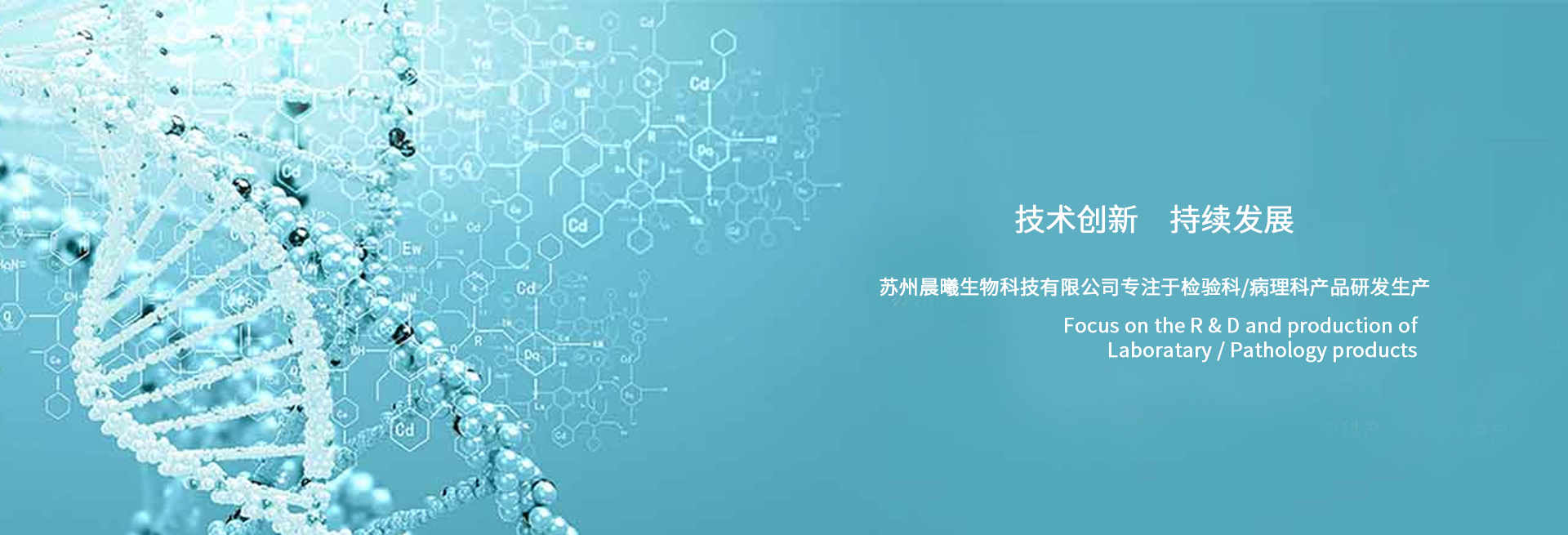Learn to select the type of ultrapure water system for the laboratory
Ultrapure water is often suitable for sensitive laboratory application, such as chromatography, mass spectrometry, atomic absorption spectroscopy, TOC detection, trace analysis, etc. . It is also suitable for genomics, proteomics, cell culture and other application in life sciences. Secondary pure water is mainly used for buffer preparation, PH standard solution, chemical reagent preparation for analysis and synthesis and water supply for various instruments, including primary ultrapure water system, bottle washing machine and instrument, etc. The tertiary pure water is mainly used for the preparation of microbial culture medium and the wash of experimental utensils. In brief, choose the suitable type according to the specific application of your own laboratory and future applications.
The Chinese Pharmacopoeia stipulates that purified water must be strictly monitored in all production chain to prevent microbial contamination and ensure water quality. For water purification, the water source is very important. Although many pure water systems require tap water as a water source, the quality of water varies widely from place to place, and not all of them meet the requirements. If the tap water does not meet the specifications set by the manufacturer, it may need to be pre-treated.
Many pure water systems are available in different water output options. More water is obviously more cost-effective, but a higher the water level does not mean better. The tank is not designed for storage, and the quality of Class I ultrapure water and Class II pure water stored in the tank will deteriorate rapidly. You need to consider the peak water demand to choose a suitable system. Of course, you need to plan ahead and estimate slightly higher.

